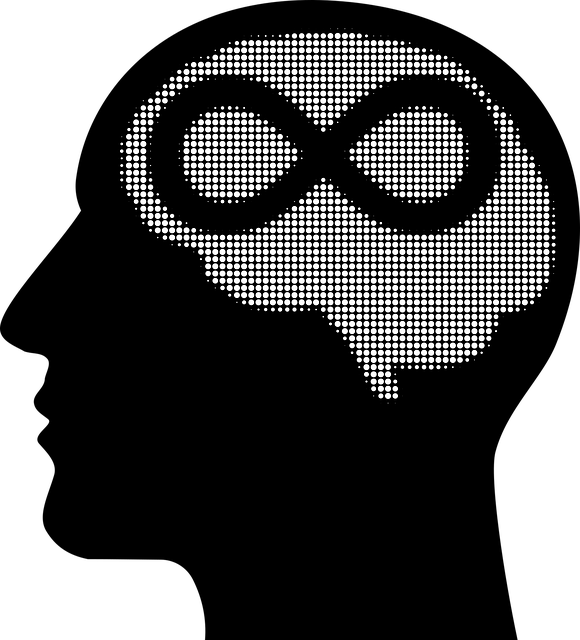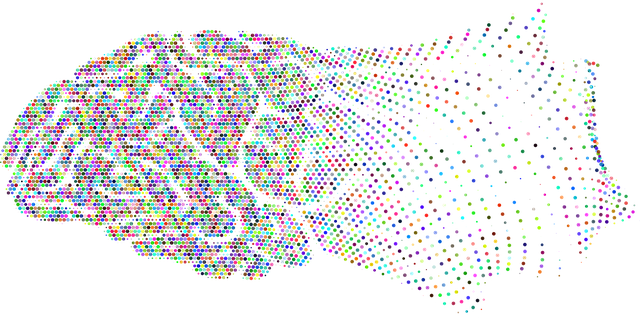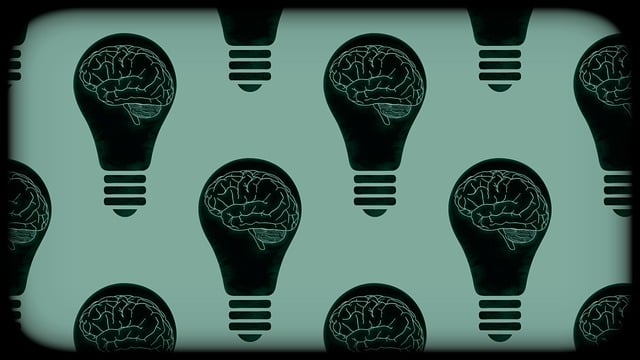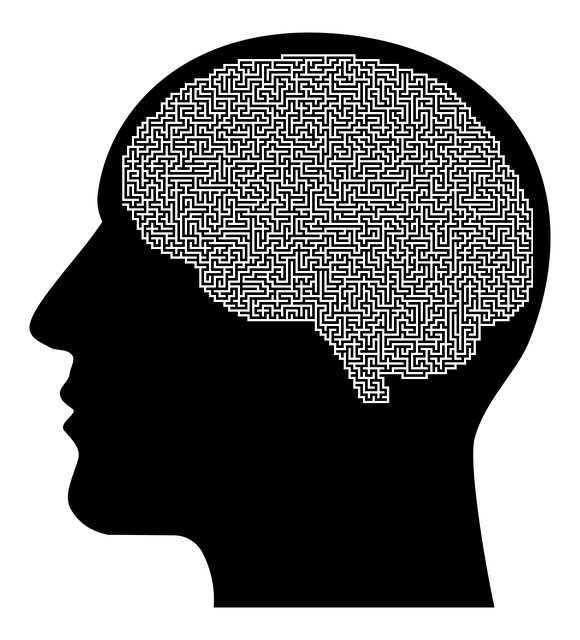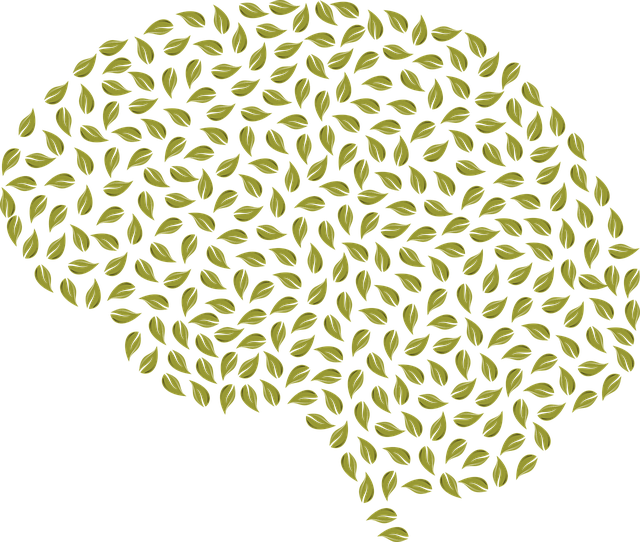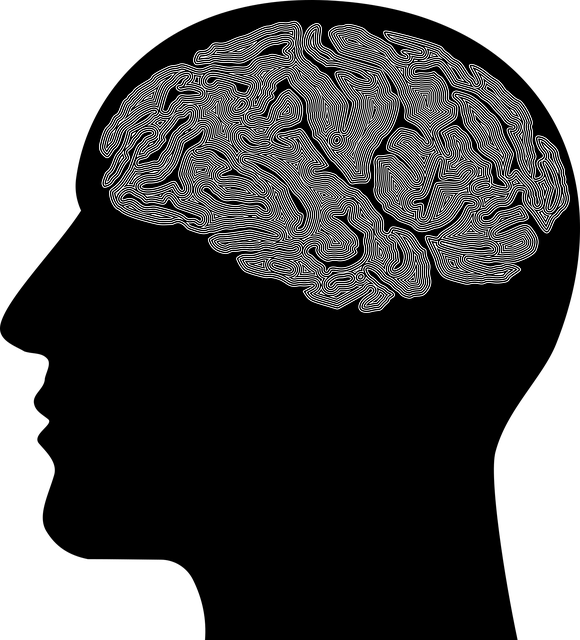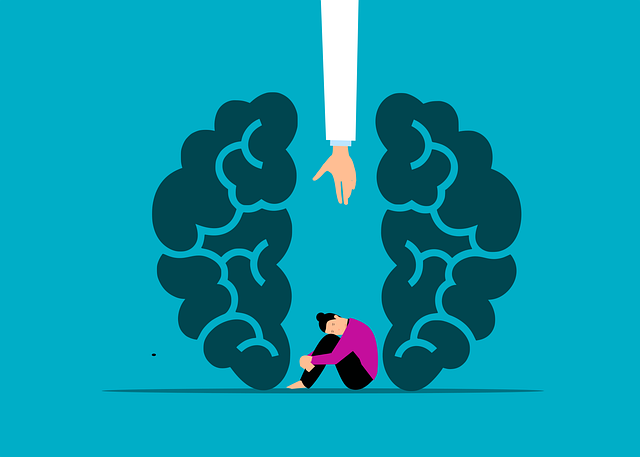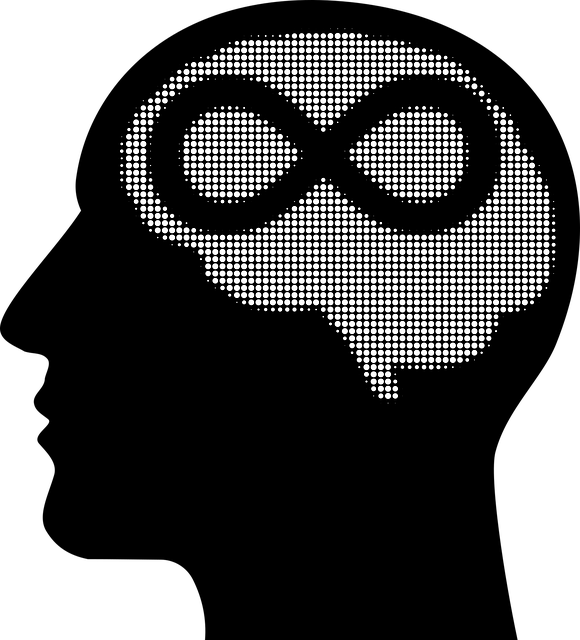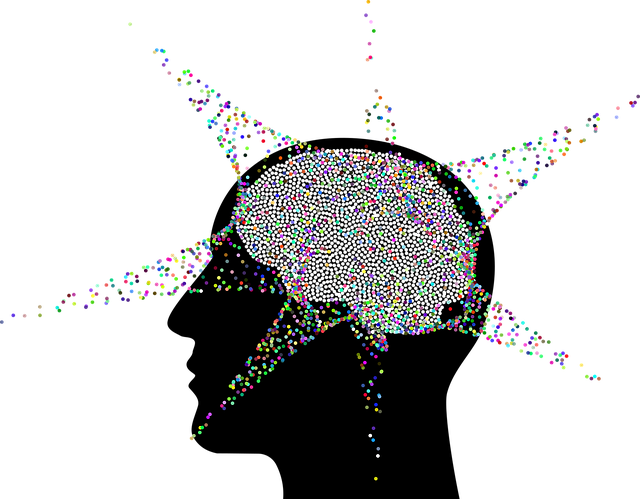Northglenn Geriatrics Therapy focuses on holistic care for individuals with mental health conditions, addressing the impact on social well-being. Their expert team uses empathy and self-care practices to empower clients to overcome social barriers, rebuild connections, and integrate back into their communities. By combining comprehensive treatment plans with public education, they create a supportive environment where clients develop essential social skills, enhancing their quality of life and resilience in managing mental health challenges. The unique Social Skills Training program equips individuals with tools for open communication, boosts confidence, and builds strong, supportive social networks through evidence-based techniques and empathy.
Social skills training is a powerful tool in managing mental health conditions, offering a pathway to improved well-being. This comprehensive guide explores the intricate link between social skills and mental health, with a focus on strategies proven effective by Northglenn Geriatrics Therapy. We delve into common challenges faced by individuals with various mental health disorders in social settings, and present practical training methods for enhancing communication, empathy, and overall social integration. Real-world success stories from Northglenn’s therapy programs highlight the tangible benefits of this approach.
- Understanding Social Skills and Mental Health: A Linkage
- Identifying Challenges: Common Mental Health Conditions and Social Interactions
- The Role of Northglenn Geriatrics Therapy in Social Skills Development
- Strategies for Effective Social Skills Training
- Practical Applications: Real-World Benefits and Success Stories
Understanding Social Skills and Mental Health: A Linkage

Social skills are integral to our daily interactions and well-being, but for individuals with mental health conditions, navigating social situations can be challenging. Understanding this linkage is crucial in Northglenn Geriatrics Therapy, where we focus on holistic care. Mental health disorders often impact an individual’s ability to interpret social cues, communicate effectively, and build meaningful connections, leading to feelings of isolation and further exacerbating symptoms.
At Northglenn Geriatrics Therapy, our experts emphasize the importance of empathy-building strategies and self-care practices as part of our comprehensive treatment plans. Public awareness campaigns play a significant role in promoting understanding and reducing stigma, encouraging individuals to seek support and fostering an environment where social skills training can thrive. By addressing these skills, we empower individuals to reintegrate into their communities, enhance their quality of life, and promote resilience in managing their mental health conditions effectively.
Identifying Challenges: Common Mental Health Conditions and Social Interactions

Mental health conditions can significantly impact an individual’s ability to engage in social interactions, leading to various challenges in daily life. Conditions such as depression, anxiety disorders, and schizophrenia often manifest with symptoms that hinder social connections, making it crucial for Northglenn Geriatrics Therapy to address these issues. For instance, depression may cause individuals to withdraw from social activities, while anxiety can make even simple conversations overwhelming.
Professionals in the field of mental health must be equipped with effective strategies like empathy building and enhance their risk assessment skills to support clients. By fostering empathy, therapists can create a safe space for individuals to open up about their struggles. Additionally, depression prevention techniques play a vital role in helping clients manage symptoms and improve their social functioning.
The Role of Northglenn Geriatrics Therapy in Social Skills Development

Northglenn Geriatrics Therapy plays a pivotal role in fostering social skills development among individuals with mental health conditions. Through tailored programs designed to meet the unique needs of each client, this therapy offers a safe and supportive environment where emotional healing processes can begin and flourish. The therapists at Northglenn Geriatrics are trained experts who understand the intricate relationship between social interactions and mental well-being. They employ innovative techniques and strategies that not only enhance communication skills but also promote understanding and empathy in various social settings.
In addition to direct therapy sessions, Northglenn Geriatrics Therapy integrates Mental Health Education Programs Design into its approach. These programs empower individuals with the knowledge and tools necessary to navigate social situations more effectively. By addressing burnout prevention, a common challenge for those managing mental health conditions, these education initiatives ensure that clients can build and maintain healthy relationships while maintaining emotional resilience. The holistic nature of Northglenn Geriatrics Therapy fosters a sense of community and belonging, which is crucial for the overall well-being of individuals navigating the complexities of their mental health journeys.
Strategies for Effective Social Skills Training

Social Skills Training for Mental Health Conditions at Northglenn Geriatrics Therapy goes beyond traditional therapy methods by employing innovative strategies tailored to individual needs. Our approach integrates Compassion Cultivation Practices, fostering a safe and supportive environment that encourages open communication and understanding. Through role-playing scenarios and group discussions, clients develop effective coping mechanisms while enhancing their Mental Health Awareness.
The program emphasizes Resilience Building, teaching participants how to navigate social challenges with newfound confidence. By combining evidence-based techniques with empathy, our trained therapists help individuals build strong, supportive social networks. This holistic approach ensures that each client leaves Northglenn Geriatrics Therapy equipped with the skills needed to thrive in social settings and improve their overall well-being.
Practical Applications: Real-World Benefits and Success Stories

Social skills training offers practical applications with significant real-world benefits, especially for individuals managing mental health conditions. At Northglenn Geriatrics Therapy, we’ve witnessed firsthand how structured programs can empower patients to navigate social interactions with confidence and resilience. These training sessions often incorporate evidence-based techniques like Crisis Intervention Guidance, which equips folks with tools to handle challenging situations calmly.
One success story involves a patient struggling with anxiety who learned effective communication strategies through role-playing exercises. This enabled them to express their needs assertively in social settings. Similarly, integrating Mindfulness Meditation and Self-Care Practices into therapy has led to improved emotional regulation, enabling individuals to manage stress and build stronger connections with others. These approaches have proven instrumental in fostering a sense of belonging and enhancing overall well-being.
Social skills training, as offered by institutions like Northglenn Geriatrics Therapy, plays a pivotal role in managing mental health conditions. By understanding the profound connection between social abilities and mental well-being, we can equip individuals with the tools necessary to navigate social interactions successfully. The strategies outlined in this article, when implemented effectively, have the potential to revolutionize support for those facing mental health challenges, fostering more inclusive communities and enhancing overall quality of life.


